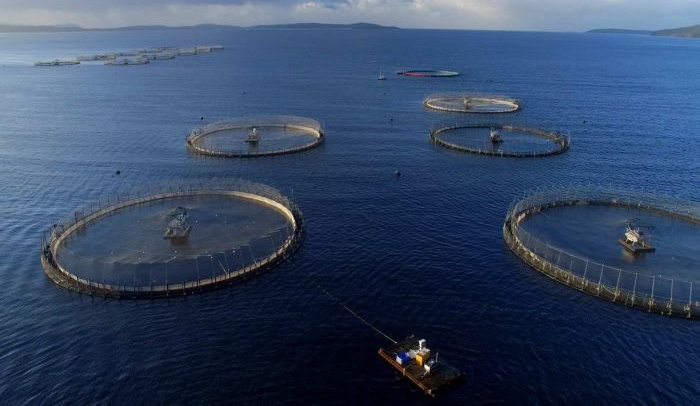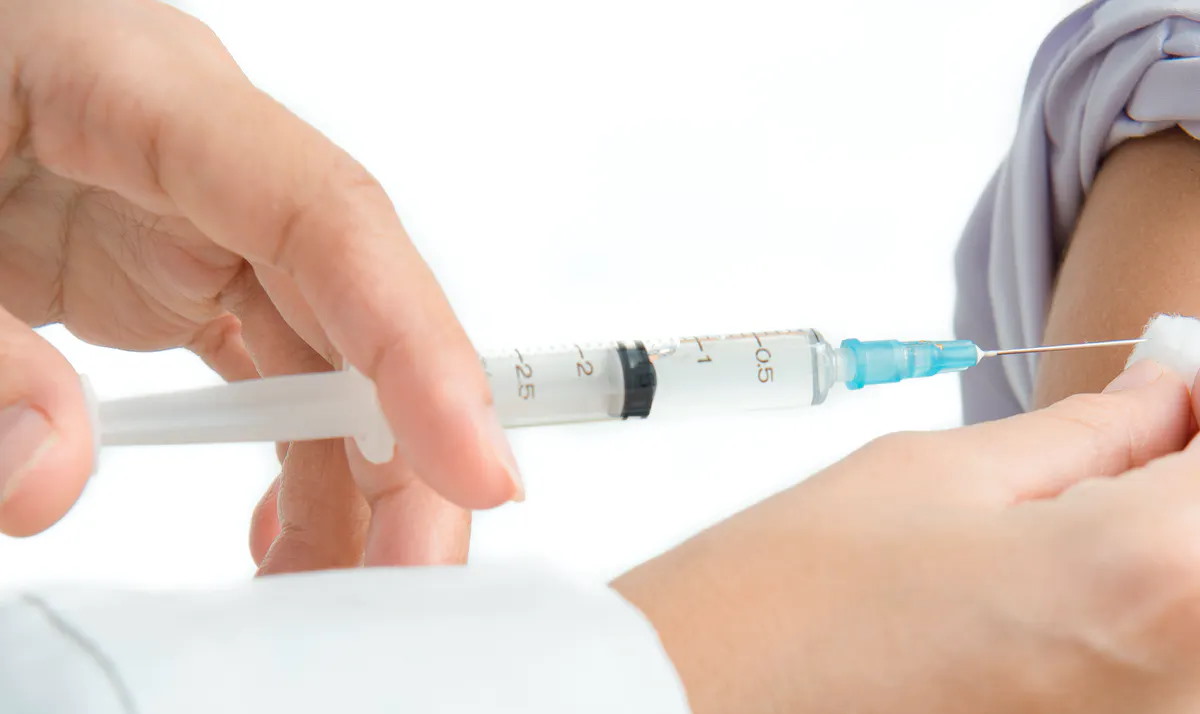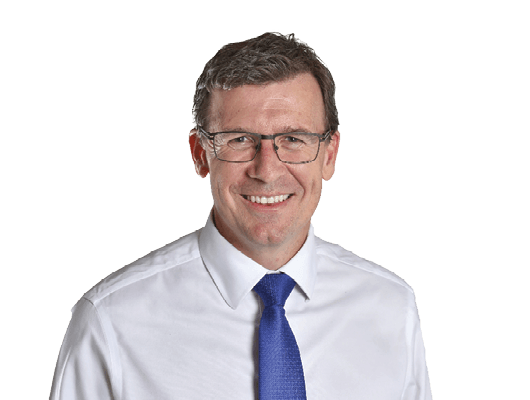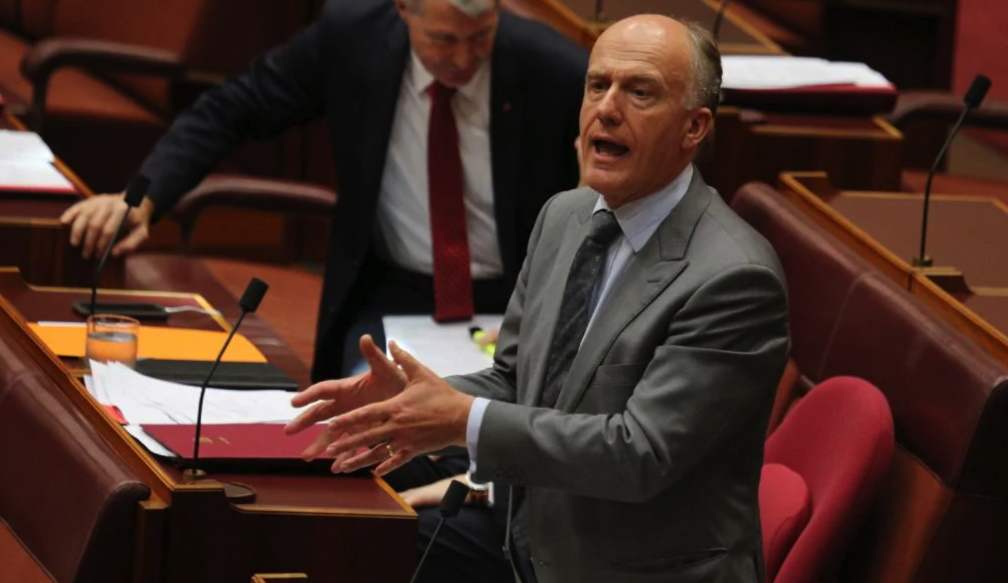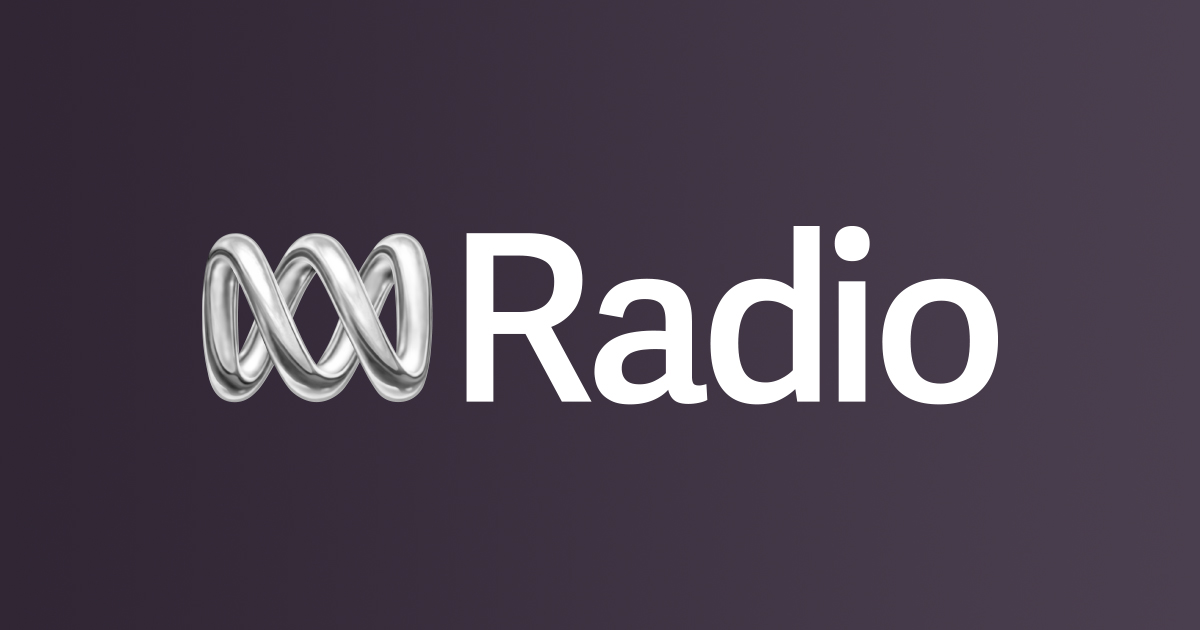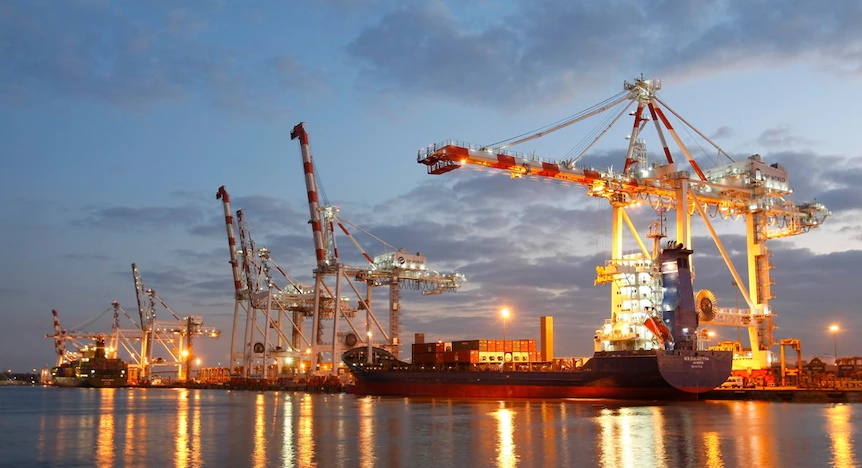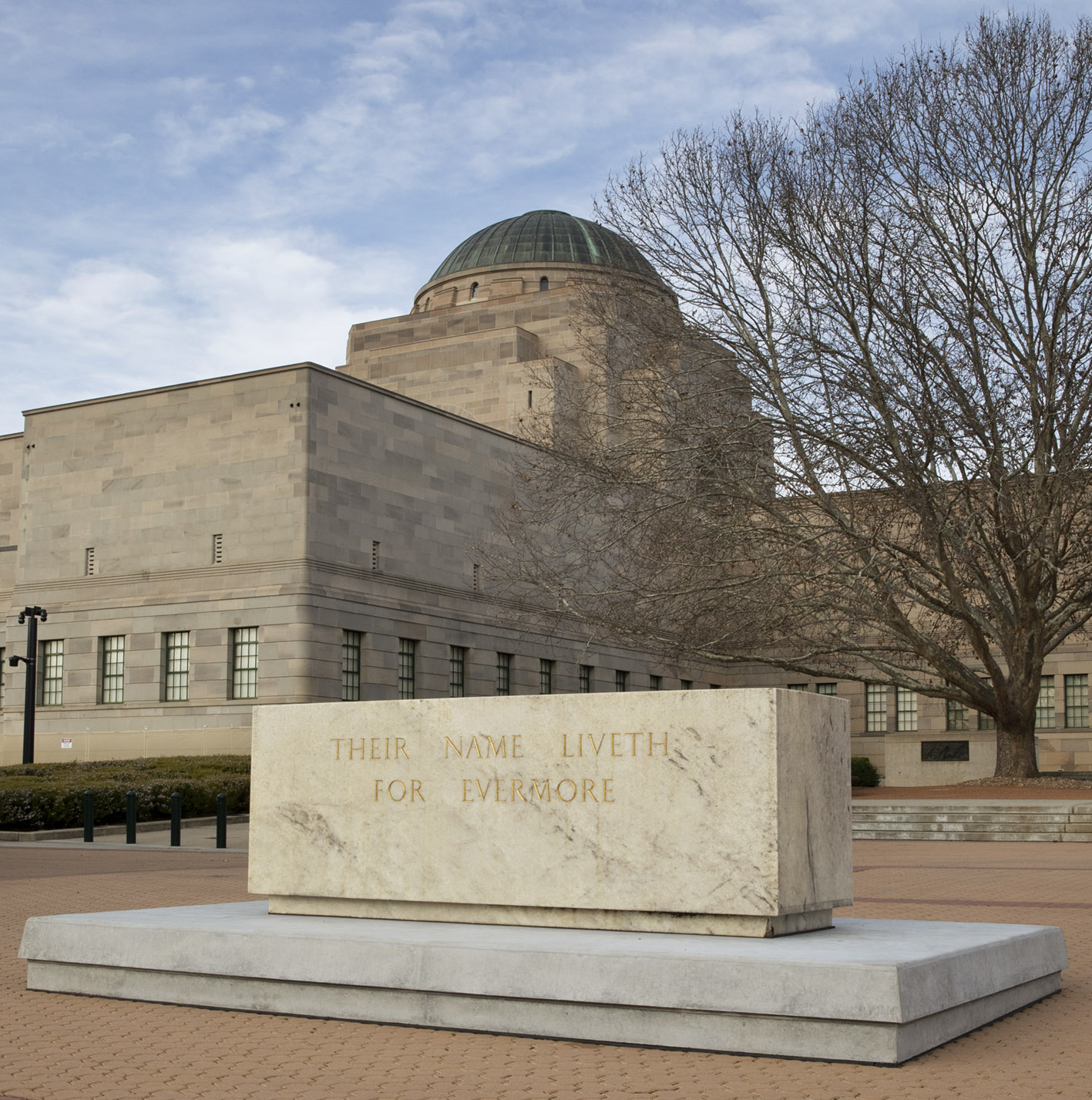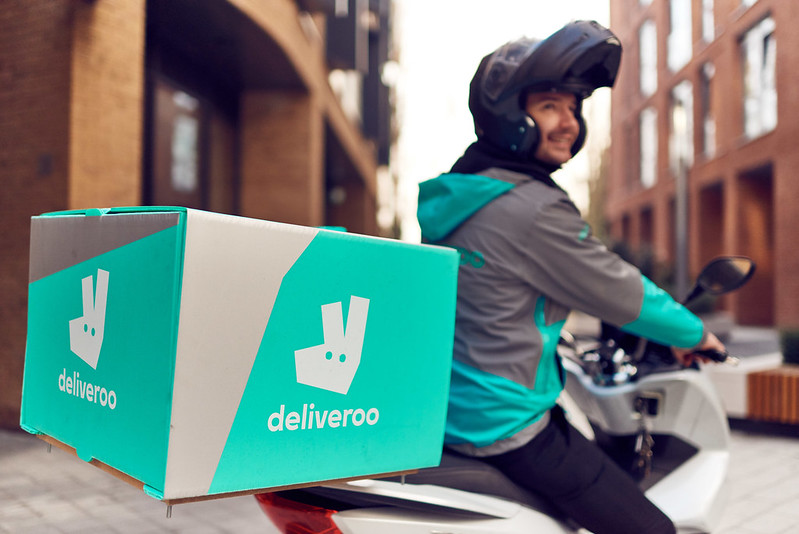Prime Minister's interview with Sabra Lane, ABC AM

SABRA LANE: We're joined now by the Prime Minister Scott Morrison, from Kirribilli. Good morning, Prime Minister.
PRIME MINISTER: Good morning, Sabra.
LANE: This is in effect from next Monday. How many childcare centres could this affect and why is it opt in?
PRIME MINISTER: Well, there's around about 3,600 childcare services in the Greater Sydney area that this will be available to that will support around 216,000 families. And the experience we've done this on occasions before when we've been in this situation, the take up has been very strong. And so for families, for those centres, we expect a very strong take up of that. And what it simply means for those who may be listening on, is that if your child doesn't go to the childcare facility for a particular day during this lockdown, then you won't be charged a gap fee and the centre will continue to be supported and you won't lose your places in those childcare centres. So we've done this several times now. It's proved to be the most effective way of doing it. Families in the centres know each other very, very well and they'll come to those arrangements. And that's proved to be the most effective and flexible way to deal with the challenge.
LANE: Why is it opt in?
PRIME MINISTER: Because it's a relationship between the family and the centre. And as I said, this has worked. And, you know what, during COVID, what we do is we just keep doing things that work, Sabra, and we learn from each time we do these things. And this has been found to be the best way to do this programme.
LANE: Australia's biggest city is in lockdown. The second biggest city could. Alan Finkel's report into contact tracing last year found that in the event of an outbreak, every effort should be made to go hard and go early. That's from the report. Why didn't you encourage Gladys Berejiklian to do that?
PRIME MINISTER: The New South Wales Government, like every state and territory government, acts on the information they have available to them. And they went into lockdown on day 11. The second wave lockdown in Victoria went in on day 45. So, you know, there's been a lot learnt, I think, between that second wave lockdown in Victoria and this most recent one in Sydney. They responded to the information they had and they took that advice and they took the best decisions they had on that advice.
LANE: The Burnet Institute modelling, it's a respected Institute, shows that under the state's current settings, case numbers won't drop for about 90 days. Have you asked Premier Gladys Berejiklian about the state's own modelling on this to show what the current restrictions will do to case numbers?
PRIME MINISTER: We've worked through those issues and particularly on the detail on cases and what New South Wales is seeking to achieve is no cases infectious in the community. That's what they're seeking to achieve right now. And when we work together on these arrangements to support the lockdown here in New South Wales, it has been designed around a, you know, understanding what those timeframes are. And it's been extended for a further two weeks. And then they'll be looking further at what is necessary at that time.
LANE: And under the state's own modelling, case numbers won't drop for 90 days? Is that replicated?
PRIME MINISTER: Well, I'm not going to go into the discussions I had with the New South Wales Premier or the advice that they have available to them. I mean, there are lots of people putting lots of numbers together. Many of those are not involved in the formal processes. Those who have to make decisions, those who are actually accountable for those decisions, call on that data themselves directly. And those who are providing it to them understand that there is a lot riding and there's a lot of accountability. It's not just a matter of producing a report and expressing opinion. The people advising the New South Wales Government have direct accountability for that, as does the Premier and everybody in the chain here. And so there's lots of information out, they're using the best information available to them to make those decisions, as you'd expect.
LANE: If the Federal Government had supported wages and business earlier, would New South Wales have gone into a tougher stage four style restriction earlier?
PRIME MINISTER: No.
LANE: If Melbourne goes into a lockdown, how quickly would the Federal Government be giving financial assistance there?
PRIME MINISTER: Well, we would look to work with them to provide that as soon as that was needed. I mean, we already did that in the last lockdown. For the first two weeks of the lockdown in New South Wales, in Sydney, it was exactly what we did in those two weeks in Victoria. And of course, last year we were putting in three quarters of a billion dollars a week, every week, during the course of that very long lockdown in Melbourne. And so, look, if Victoria has to go into that situation, let's hope they don't. I was listening to the responses of the business people you were speaking to on the programme. Let's hope they don't have to do that. But if they do, we have got models now that can move quickly. You learn a lot during COVID and you learn how to do things better each and every time. And if Victoria goes into this again, I think we'll have even better arrangements to support them through, if they have to go into that. One of the big challenges is how you deliver that business support. Now, I know there are people still waiting for cheques from from the last lockdown for the programmes being run from the State Government. Now, we would want to work with the state government to ensure that we can get cheques to people more readily, more quickly. And we believe we've been able to develop a good model in New South Wales that I think would work even more effectively in Victoria than the models that we've had before. As you know, we offered to go 50/50 with Victoria last time, Sabra, and that offer was rejected.
LANE: The whole nation is vulnerable right now because of a sluggish vaccine programme. Many voters believe that buck stops with you.
PRIME MINISTER: Well, of course, the national vaccine programme is the responsibility of the Federal Government, and that's why - we've had our challenges with it - I don't doubt that. And there's been issues that we've had to resolve. And we've had a lot of shocks to the system, the early non-supply from overseas of AstraZeneca. And then, of course, we had the ATAGI advice that had a big, big impact on the rollout of the vaccine for AstraZeneca and its availability to the broader population. There's no doubt that that had a very significant impact. But we've been working hard to get those rates of vaccination up at the pace needed to get this done this year. We've got a million Pfizer doses coming in from next week, every week. We've got a vaccination rate running at almost a million a week now, and those numbers have continued to rise. I mean, if you go back a while ago, what we were doing in March, we did 769,000. That jumped to 1.4 million in April, 2.1 million in May, 3.4 million in June. And we're looking to get over four million in July. And those numbers will keep rising. And that means by the end of the year, everyone who was seeking to get a vaccine, we believe should have had that opportunity. And that would put us about two months back from where we initially hoped to be. And, you know, we have had a cautious approach in Australia on medical advice and all of those sorts of things. The alternative is to rush a TGA approval at the beginning of the year. And that was the main issue that we were focusing on, that we wanted to follow all the usual steps and processes to ensure that vaccines were appropriately qualified before they were used in the community.
LANE: Yesterday, you noted that the advice from the immunisation panel, ATAGI being cautious. And again, you've reflected on that today and that it slowed the rollout considerably. Have you reflected on the shortcomings of your own procurement policy?
PRIME MINISTER: Well, of course. Of course. I mean, we make decisions ...
LANE: What would you have done better?
PRIME MINISTER: Well, we made decisions to back vaccines that we could produce in Australia, which …
LANE: And that has been monumentally shown up as not working, relying on that.
PRIME MINISTER: And the reason for that is because the vaccine that we chose to roll out was also subject to some very constrained medical advice, which was not the case in other countries where that AstraZeneca vaccine was used …
LANE: ATAGI's co-chair, Allan Cheng, has told The Guardian today that ATAGI's role is to provide advice, but the Federal Government remains responsible for making decisions on the vaccine roll-out.
PRIME MINISTER: I agree with that, Sabra. So are you suggesting that the Federal Government should not have accepted the expert medical advice of ATAGI in the middle of a pandemic in relation to the vaccine? Surely you're not suggesting that?
LANE: I'm not suggesting that, but you seem to be blaming ATAGI.
PRIME MINISTER: Well, I'm simply saying that we received medical advice that has changed on two occasions. And that medical advice is, as I made very clear to ATAGI at the time, was based on an assumption that the cases in Australia would remain low. Now, I never made that assumption, Sabra. I never made that assumption. And the balance of risk assessment that ATAGI are very clear about that, were based on low case numbers in Australia. Now, when the case numbers increase, as you've seen from ATAGI now, their advice changes now. People have understood that, but I think it has created some confusion in the public. I think that's the case. I mean, there are things we can control. And you're right, procurement. And that's why we've worked, when we had that situation, we were able to get additional supplies of vaccines. We went from 10 million Pfizer to 20 million to 40 million and then getting that brought forward to a million a week from next week. So getting all that done. And, yes, there are challenges there we had. I'm not walking away from that. And we're responsible for that. I'm not suggesting we're not, Sabra, but equally, when you take medical advice, then that will have implications on the rollout. And it definitely has.
LANE: And if you had your time again, what would you have done differently with your procurement policy?
PRIME MINISTER: Well, it's interesting to be wise in hindsight. What matters is what we do now, what matters is the …
LANE: It does, but voters also want to hear from you. Many have told me that, that they want to hear what you would have done differently.
PRIME MINISTER: Well, we would have foreseen the future better. And that's the problem with the pandemic. There's no roadmap. And certainly events don't always play out as you would like them to. But when those events play out differently to what you'd expected, then you take action, which is what we've done, and that's what we'll continue to do with every lockdown. Let's hope there are not too many more of them, but we will continue to try and improve the supports that we provide. What matters is putting in place arrangements that gets the job done. That's why I put Lieutenant General Frewen in charge of the vaccination rollout to coordinate it better across government and to coordinate it better with the states. And that is seeing the vaccination rates rise from two million a month in May to what will be around four million a month this month. So it's about dealing with the problem in front of you. We can't change what's happened in the past. What we can do is continue to respond in an environment which is highly fluid. It changes all the time in the pandemic. I think Australians understand that. And there are things that you might have done differently, well you try and improve them as you go forward.
LANE: A number of large disability service providers say they're concerned that many of their clients in group homes still haven't received even one dose of the vaccine despite being in Phase 1a. What's going wrong?
PRIME MINISTER: Well, we're about halfway through those residential groups and we've been having the inreach services, and particularly once we've been able to get two doses to every aged care facility around the country, that's improved that roll out amongst that group. There are highly disparate groups amongst the community, there in a lot of different places, and they're in largely, small numbers of groups in these facilities. And Linda Reynolds and her team, together with Lieutenant General Frewen, have been getting to those as quickly as we possibly can. But it's not a simple exercise. It really isn't. It's quite a painstaking exercise. We made a lot of progress over the last couple of months on that. And thankfully, what we've seen, particularly in our disabilities community, just as we've seen, I should say, in our indigenous community, I think one of the things that Australia, one of the things I was most concerned about, is we haven't seen the COVID virus impact those communities like we did. And that is a great tribute to all the health workers and all those who work in those sectors.
LANE: Prime Minister, thanks for talking to AM this morning.
PRIME MINISTER: Thanks very much, Sabra. Good to talk to you.


